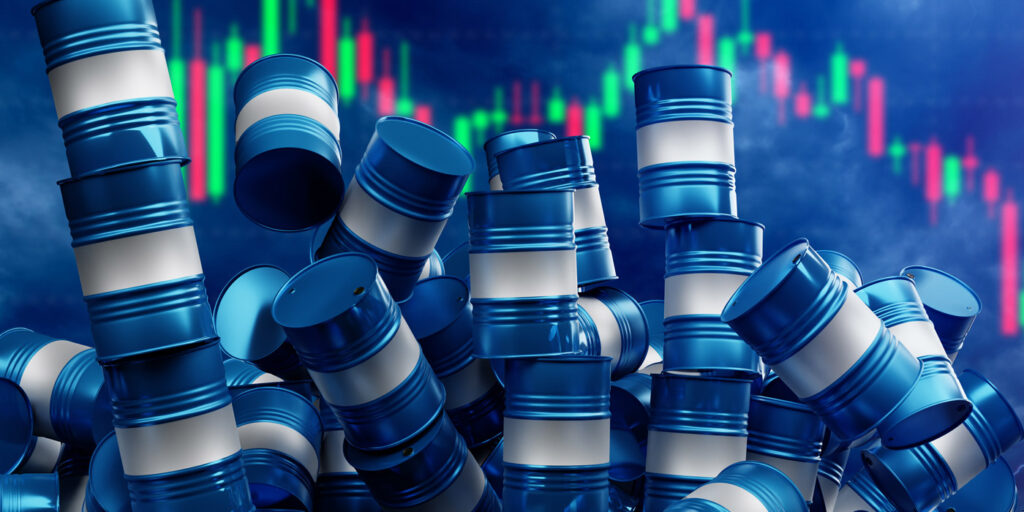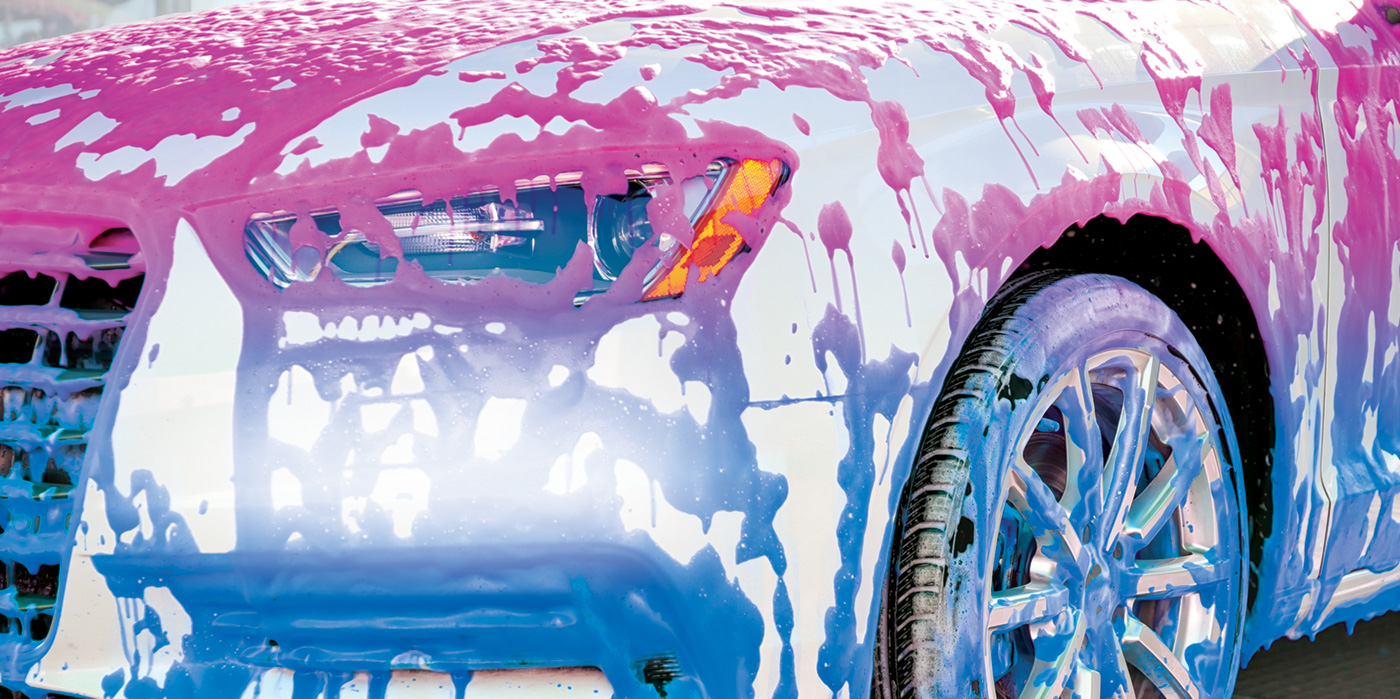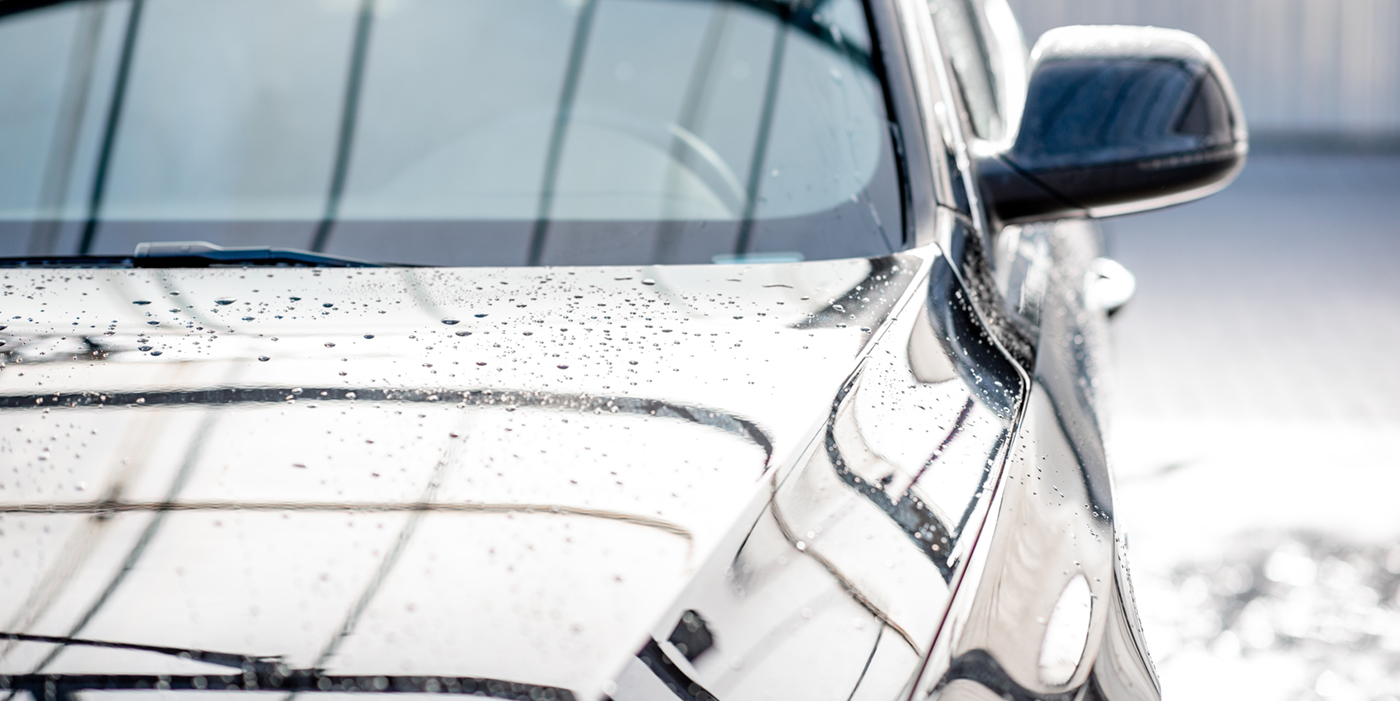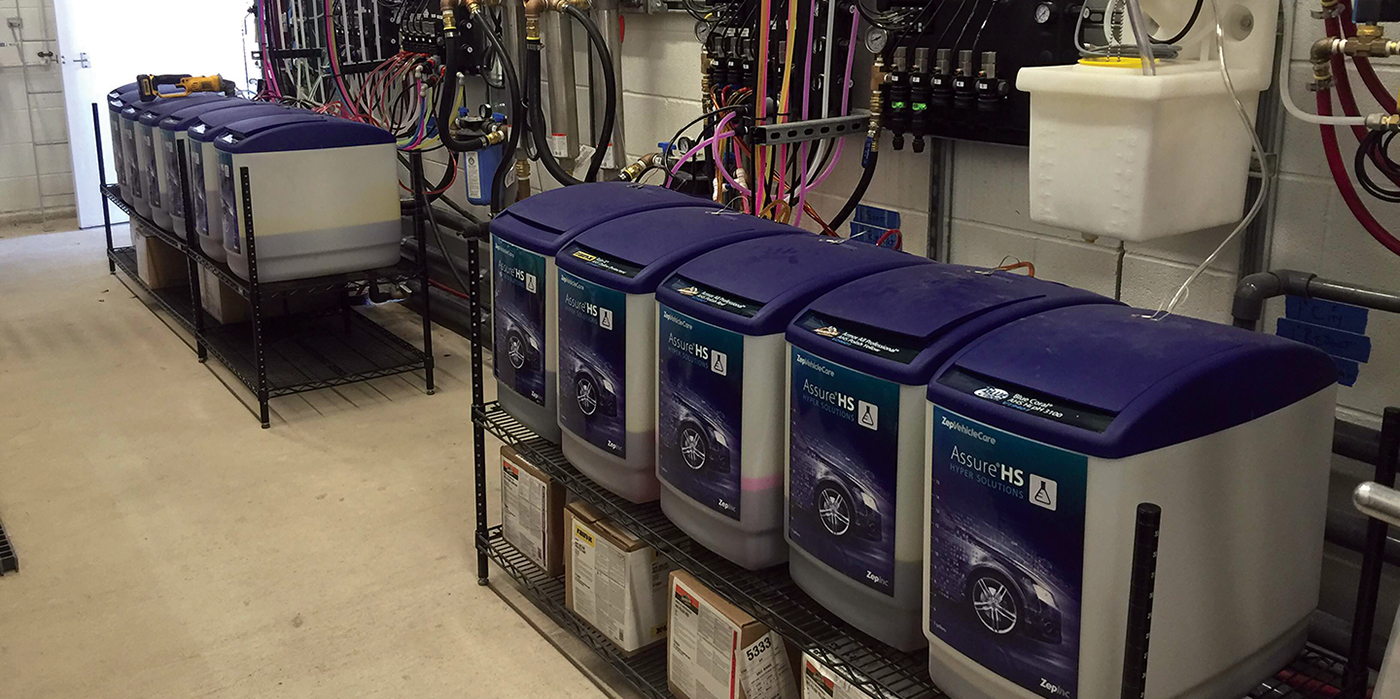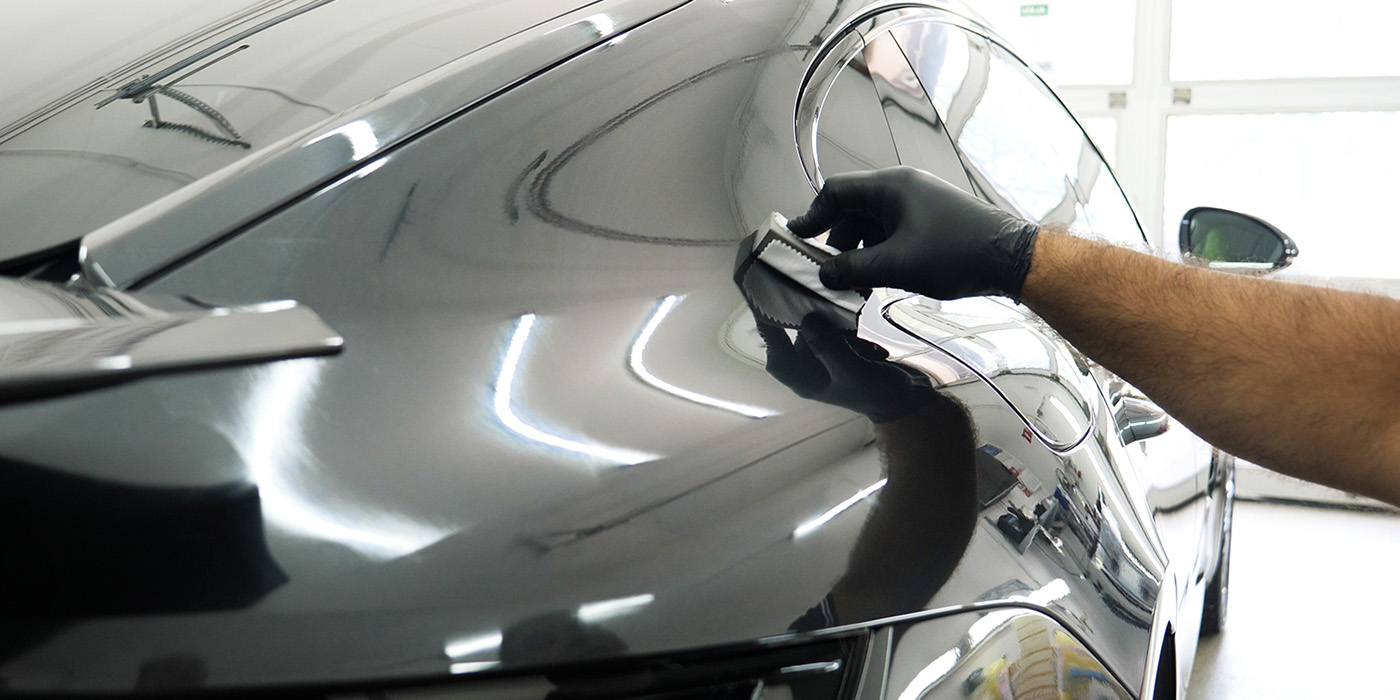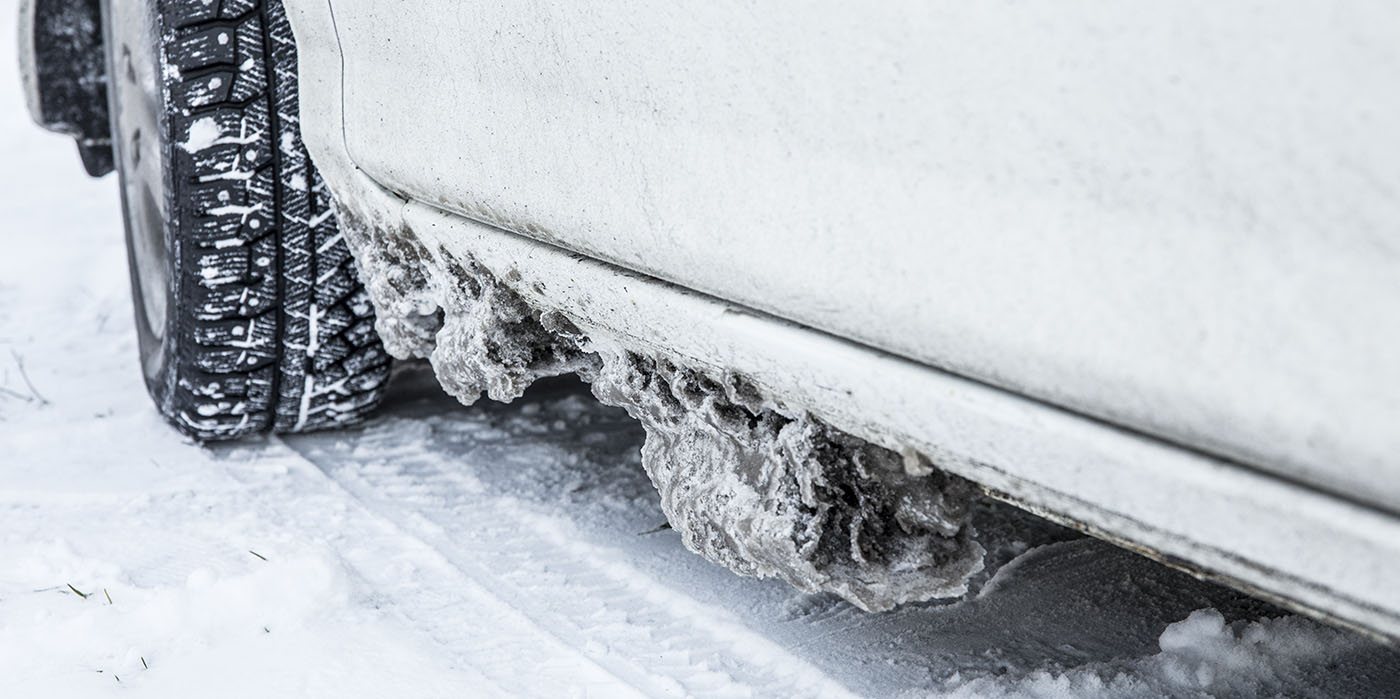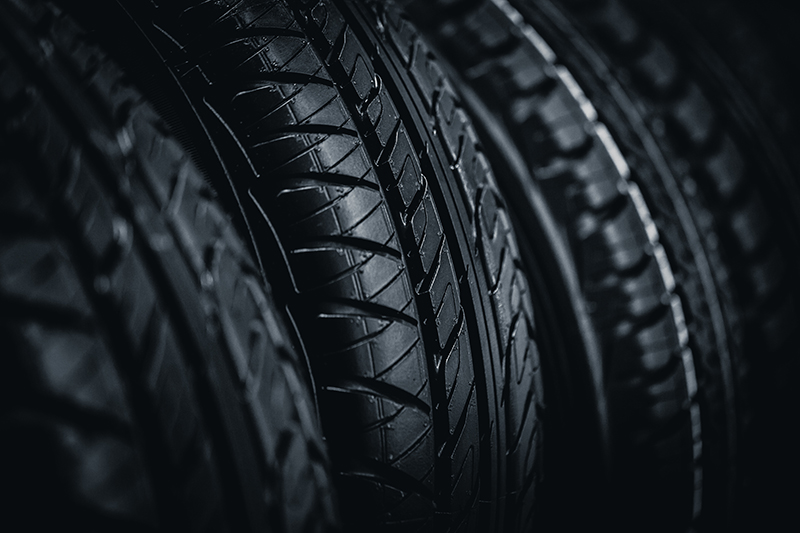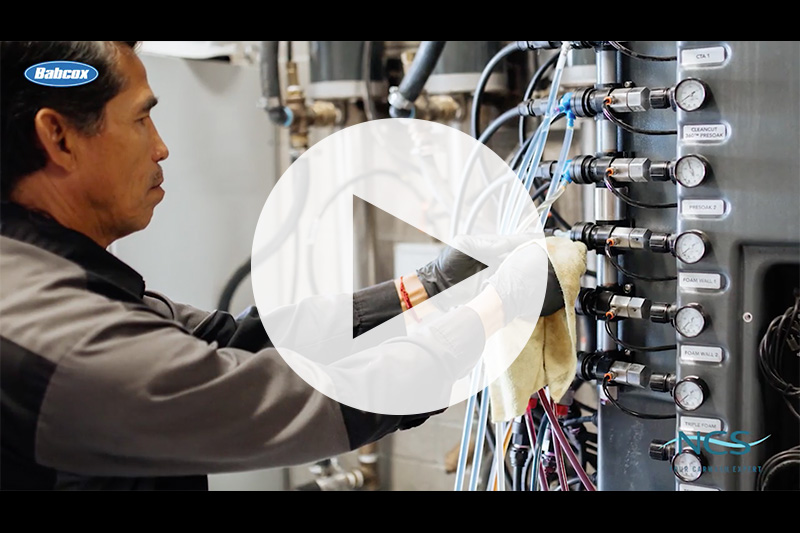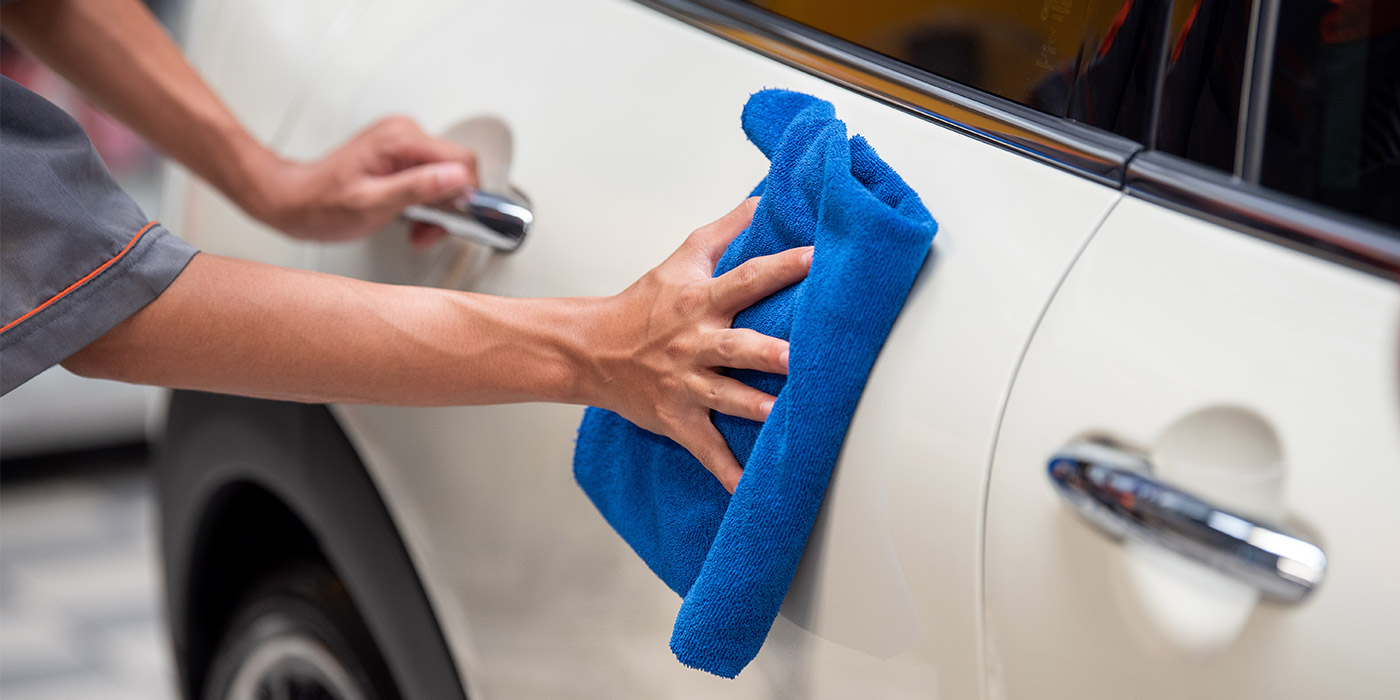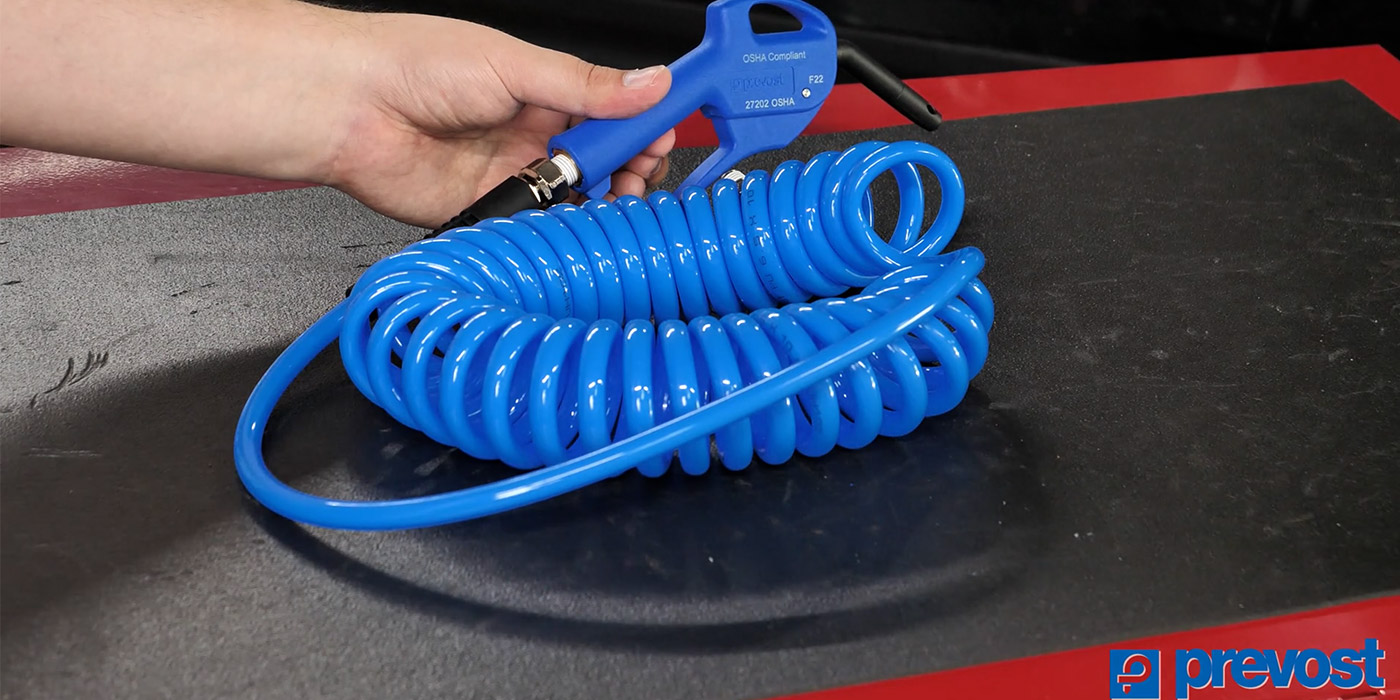“It was the best of times, it was the worst of times, it was the age of wisdom, it was the age of foolishness, it was the epoch of belief, it was the epoch of incredulity ….” Thus starts the Charles Dickens classic, “A Tale of Two Cities.” These words ring true today as we make our way past the last two years of the COVID-19 pandemic, which has caused so much strife, chaos, opportunity and change — even in our own carwash and detail corner of the universe.
We, in the carwash and detail world, have been seeing and feeling a lot of these changes over the past 24 months, but nothing has hit us quite as hard and apparent as the price increases in the chemicals we use to clean and detail the vehicles we make our living on.
Since March 2021, carwash chemical makers have seen prices increase on all the precursor chemicals used in the making of their carwash and detail products. A shortage of resin has increased the price of plastics that manufacturers use for the buckets and bottles to put chemicals in. Plants, which are used worldwide to produce an array of products from surfactants, acids and bases to phosphates and more, have reduced output because of labor shortages or natural disasters. Silicones have been one of the hardest hit — with average prices going up six times what they were just two years ago.
For those of you that have been around for a while you’ve seen this before. For new carwash owners, what follows is a brief history.
Chemicals in context
In 1973, in retaliation for the U.S. supporting Israel in the Arab-Israeli War, there was an oil embargo imposed on oil exports to the U.S. by the Organization of Petroleum Exporting Countries. All petroleum-based products were in limited supply, which caused gasoline shortages and inflation to reach 11% by 1974.
All solvents, surfactants and chemicals used to make carwash detergents were on allocation. What it meant back then was that operators were going to get a small percentage of their normal order — that is, if you were a “regular customer,” not just a price hopper.
In 1977, inflation began to rise again, leading to hyperinflation of 13.5% by 1980 where prices soared and seemed to change daily. Carwash chemical manufacturers could barely keep up with the price increases as the income from one order was not sufficient to cover the base manufacturing cost of the next order. It was truly run-away inflation, which did not slow down until 1984.
Recently, in 2008-2009, we saw prices skyrocket when the recession started and then come back down over time as the economy came back to normal. Again, carwash chemical makers were concerned about allocations, swift price increases from the suppliers and the rising cost of transporting the goods due to the rising price of gasoline.
Today’s chaos feels a lot like a combination of the past with a pandemic twist. Suppliers are telling us manufacturing facilities are closing in Asia, Europe, Africa and the U.S. due to labor shortages. Mines and plantations where some of these precursors come from have all but shut down. This has caused almost all suppliers to enact “force majeure,” which essentially means any contract prices are void and “any previous references to list prices will revert to spot pricing based on availability and sold at spot pricing.” This makes pricing a product near impossible.
Then, there is the shipping and logistics problem. Where a single 42-foot container from Asia to the U.S. used to cost about $8,500, they are now running as high as $30,000 or more. In the U.S., our ports are weeks behind in offloading cargo and there is a shortage of qualified truckers and vehicles with the certifications to conduct business in California and clear cargo from the ports.
So, what is everyone supposed to do? Here are some suggestions.
Steps to adapt
First … stop, take a deep breath and remember everything is going to be alright. If you already have a relationship with a chemical supplier, now is the time to strengthen it. There are a lot of angry folks out there that want to blame someone for the price increases, but your suppliers aren’t the ones to blame. In fact, they have the same interests that you have.
Your business is important to them and theirs should be important to you. Suppliers have kids to feed and provide clothes for, just like you do. Therefore, it is critical to work with them for solutions that fit your goals.
If you don’t have a relationship with a chemical supplier, this may be the time to start one. Shop around for the right fit for you and don’t just consider the price of their products. It is important that you can work well together and that they understand you and your business. This relationship will pay off when times are tough.
Second, raise your prices. The service station next to you has no problem raising the price of gas or the grocer raising the price of meat when they must — you shouldn’t either. One of the biggest worries is, “but I’ll lose my customers.” Yes, you may lose some customers, but if you maintain your quality and standards, you’ll keep the majority and might pick up a few new ones.
The deadly trap a lot of carwash owners fall into is lowering quality to keep prices the same. This is a death spiral that you don’t want to enter. If customers leave for price they may come back if they can’t find the same quality for a better price, but if you lower quality and they leave for a better experience, they will never be back.
Third, talk to your customers. If there was ever a good time to get customer feedback it is now. They are feeling the effects from all sides, just like you are, and an open conversation lets them know you care and that you are on their side. Find out what they like and don’t like about your carwash. This will help you understand how to make their experience at your wash better. Use this as a time to solidify your relationship with the customer.
Fourth, consider moving to powder detergents. There are a lot of excellent and versatile carwash powder detergents on the market. These were very popular from the 1960s and into the early 1990s, but fell out of favor for liquids because it takes a little effort to convert the powder into a concentrate. Powders are by far the most cost-effective product for your carwash. Why? Because it doesn’t require shipping water since you are supplying it on-site.
Fifth, “beware of Greeks bearing gifts.” We all know this lesson from the story of the Trojan War where the Trojan high priest warns the king not to take in the wooden horse as a gift. The king does and the rest is Greek tragedy.
There are plenty of folks that will approach you and tell you they can make the exact duplicate of some product/brand you use for a considerable savings. They’ll have a great story, and before you know it you’ve committed and paid for their products. The only problem is once you’ve bought it and it doesn’t work as advertised, they become impossible to get a hold of and then just vanish into thin air.
Whatever path you choose, remember, this too shall pass. It always does. Markets level off, things move to a new pattern and the industry adjusts. People adjust too.
Lawrence Stovall is president of San Antonio-based AutoBrite™ Company, manufacturer of the ModBrite™ mini-express tunnel suitable for IBA and self service operators, innovative belt conveyors, carwash chemicals and detail products. Lawrence has owned multiple businesses and is a retired Officer and a graduate of the U.S. Naval Academy. When not working, he spends time reading, hunting and enjoying his Texas Hill Country home with his family. He can be reached at [email protected] or 210-736-1892.

